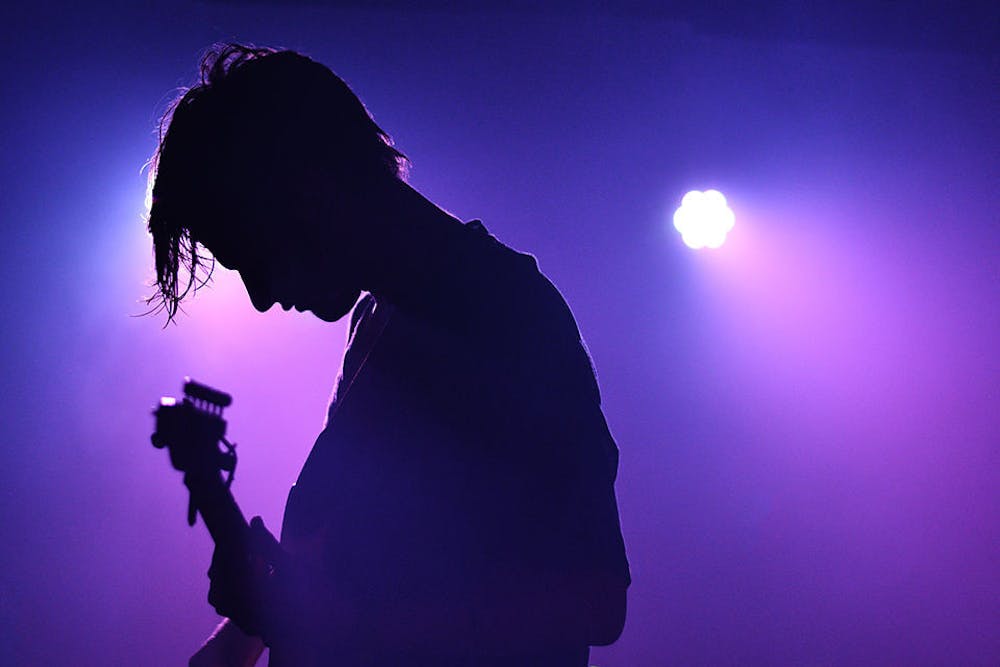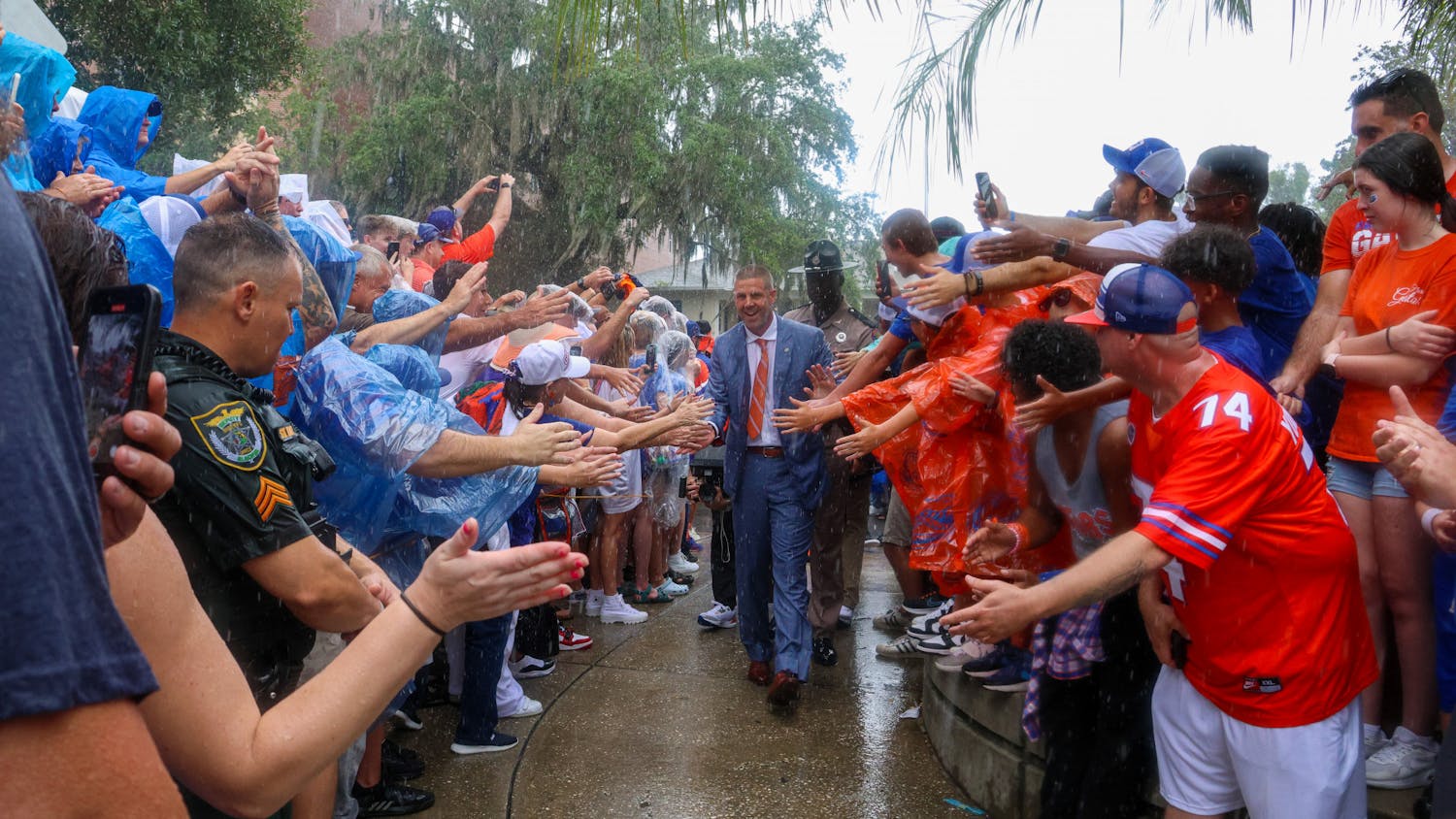Concerts fall into two categories, generally. You have big concerts, like those of Kanye West, Ed Sheeran, Taylor Swift or just musical acts that everybody goes to. Then you have your smaller concerts: the SoundCloud rappers, the indie rock groups from Bandcamp or the up-and-coming DJ you found through Spotify’s Discover Weekly playlist. These are the more intimate concerts and are certainly more obscure. I went to one of these concerts about a week ago (shoutout to Car Seat Headrest for a great concert), and trust me when I say the experience was life-changing. All concerts have an intangible quality of connection to the world. Something about live music mixes with our own lives in a way that, if the performance is even half decent, it guarantees goosebumps. Small concerts, however, have a heightened effect on concert-goers.
I’ll describe my experience at Car Seat’s concert the other weekend for reference. The band fits the description of an “indie rock group from Bandcamp” almost to a tee, yet the band is relatively well-known, having over 700,000 monthly listeners on Spotify. My roommates asked if I would be willing to spend $20 on a concert ticket about a month ago, and I said, “Bet.” I didn’t know if I’d like the band, but I was hopeful. I wasn’t a “concert guy.” Honestly, I’m still probably not. I am adventurous, though, and I did have $20.
We got to the concert in Tampa. The venue was a cramped, dimly lit bar. It had the same smell you’d find at a Midtown venue, which was oddly comforting. My roommates were big fans of Car Seat, so we got in the merch line. I met some of the strangest, but kindest people in line. They were extroverts with more pimples and piercings than there are stars in the night sky. I smiled, I laughed and I realized one of the most important things about these small concerts. It doesn’t feel like you’re there to just see an artist. It’s not that two-dimensional. You are there for the music, but you’re also there to be a part of a community, a family bound together by similar tastes and modest venues. We made our way toward the stage as Car Seat began playing. I found I loved their musical style. During the more upbeat songs, I loved throwing my body around in the mosh pit. During the more emotional songs, I felt more connected to the artists because I knew the ticket I bought meant a great deal to them. A great deal more, at least, than a $200 ticket would mean to Kanye.
I mentioned the two types of concerts: the mainstream ones and the smaller ones, Madison Square Garden and The Orpheum. There are three types of concert-goers, though. Two kinds roughly correspond to the types of concert and another kind I view as “supremely woke.” There are those who go to concerts for clout. Maybe they stand around in the back of a football stadium and listen to the first half of Ariana Grande’s set. There are also those who self-identify as on the edge and refuse to go to a concert at a venue that seats over 500 people. However, there are concert-goers who see all concerts as what they’re for: celebrating. Sure, 21 Savage’s concert in April will be a different vibe than a small performance at the High Dive, but that’s the point.
Going to mainstream concerts can be extremely entertaining. They can be the epicenter of rippling earthquakes of getting lit, pushing entire stadiums of people to join together in the common pursuit of turning up. Smaller concerts, though, the ones that “concert people” go to, tend to give you more. At a small venue with a smaller artist or group, you feel a stronger connection to the crowd and the performers, the music and, at the end of the day, to yourself.
Kyle Cunningham is a UF English freshman. His column appears on Mondays.
Dillon Basse, the lead singer and rhythm guitarist of Flipturn, plays the final note of “August” during Flipturn’s performance Friday night at the High Dive. The concert was sold out, and it was a part of the Changeville festival that took place Feb. 7 and Feb. 8 in downtown Gainesville.






